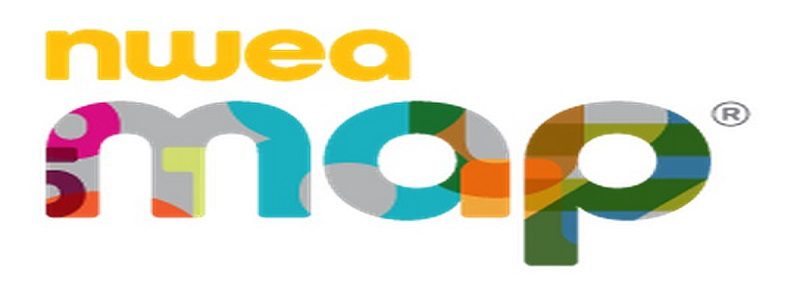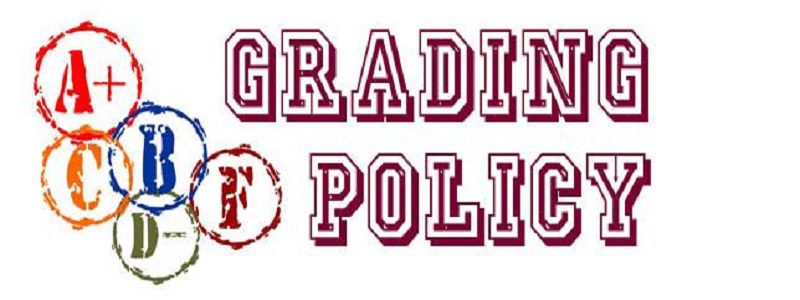Everything-but-the-Kitchen-Sink Assessment
By Gerald Graff and Cathy Birkenstein
[Adapted from a talk presented at a session on “Standardization and Democratization in College Writing Programs” at the NCTE Conference on College Composition and Communication, April 7, 2016, in Houston Texas.]
After a rocky start, higher education has come to embrace outcomes assessment. When Gerald was President of MLA in 2008 he caught a lot of flak for a pro-assessment column in the MLA Newsletter entitled “Assessment Changes Everything.” Now, eight years later, the outrage has largely dissipated. As Chris Gallagher suggests in a 2012 College English article, “OA now seems like educational common sense. Define goals for student learning, evaluate how well students are achieving those goals, and use the results to improve the academic experience. Who could argue with that?” Gallagher does go on to argue with Outcomes Assessment, citing some dangers that he sees in it. But he accepts the need for outcomes assessment in principle, as do most of us.
Integrating NWEA Preparation Organically, Using an Academic Vocabulary Log
There may be no more quietly disparaged term by teachers, in my experience, than “teaching to the test.” It doesn’t get openly stated most of the time, but it is a phrase in the air and in the back of minds at a whole lot of faculty gatherings, department meetings, and teacher-administrator conferences. It might do well to have the phrase come in from the out on the edges, though, since the ambiguity in exactly what is meant by it seems to keep people apart in professional discussions on assessment. “Test-prep factories,” where they exist, seem to clearly pummel and reduce education in worse than Gradgrindian fashion. If this is teaching to the test, it is educational regress, if not malpractice. On the other hand, good teaching practice has always included measurement of student learning on content and skills taught; a stalwart and widely well-regarded system like Grant Wiggins and Jay McTighe’s Understanding by Design guides teachers to backwards-plan units and lessons from assessments of academic objectives, a more professionally careful way of building in “teaching to the test.”
Unit Assessment: The Use of Evidence in Interpreting ‘Catcher in the Rye’
Last month I posted on a project called Argument Stations on The Catcher in the Rye that has students thinking hard about the novel’s voice, particular diction, and characterization as they point in certain interpretive directions in response to a debatable issue. This post, which examines a unit assessment on the use of evidence in understanding and interpreting the novel, is a kind of corollary and culmination.
ARG, not Arrggghhhh!!
We have recently worked with a partner high school on a new gamified activity for heightening the effectiveness of peer rating of student’s academic argumentation, and helping students become more meta-cognitive about what makes their arguments more effective. The result is the Argument Rating Game (ARG).







